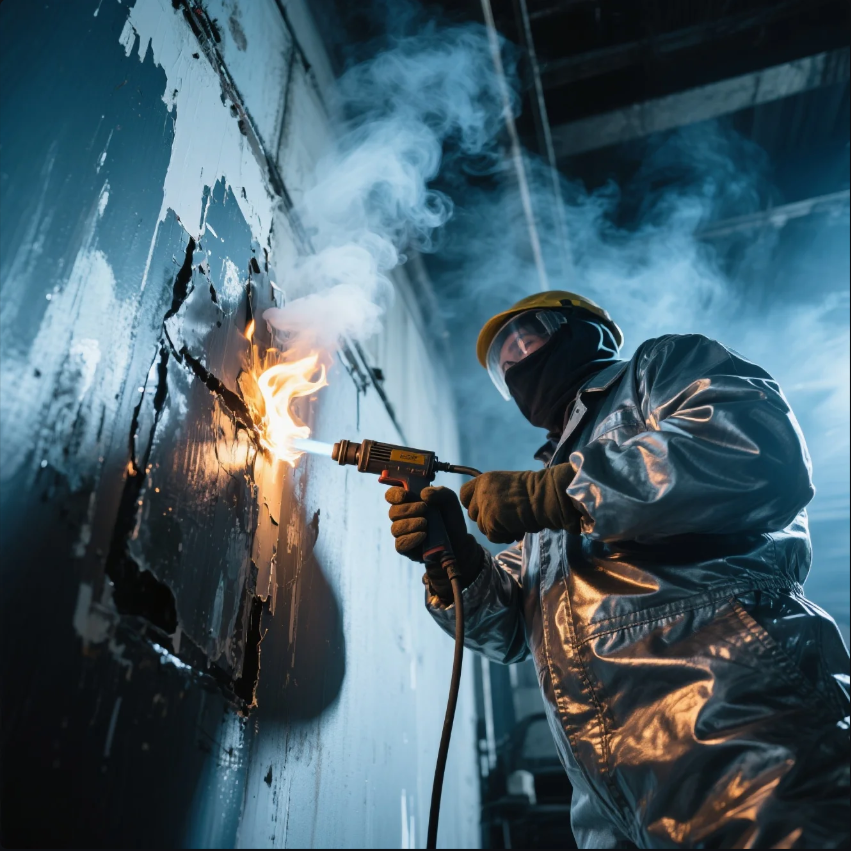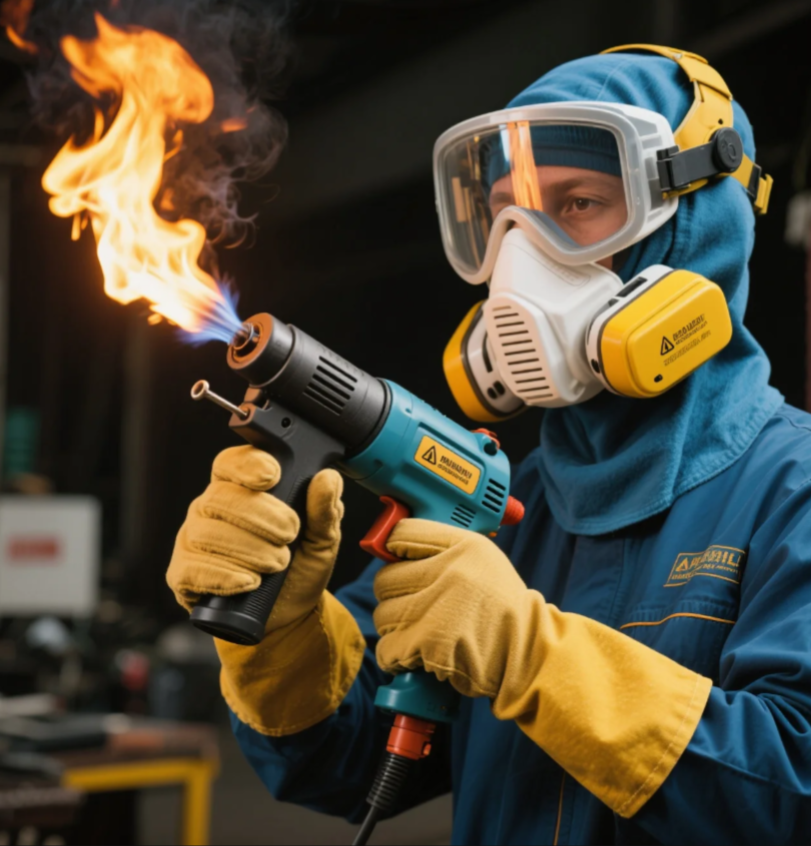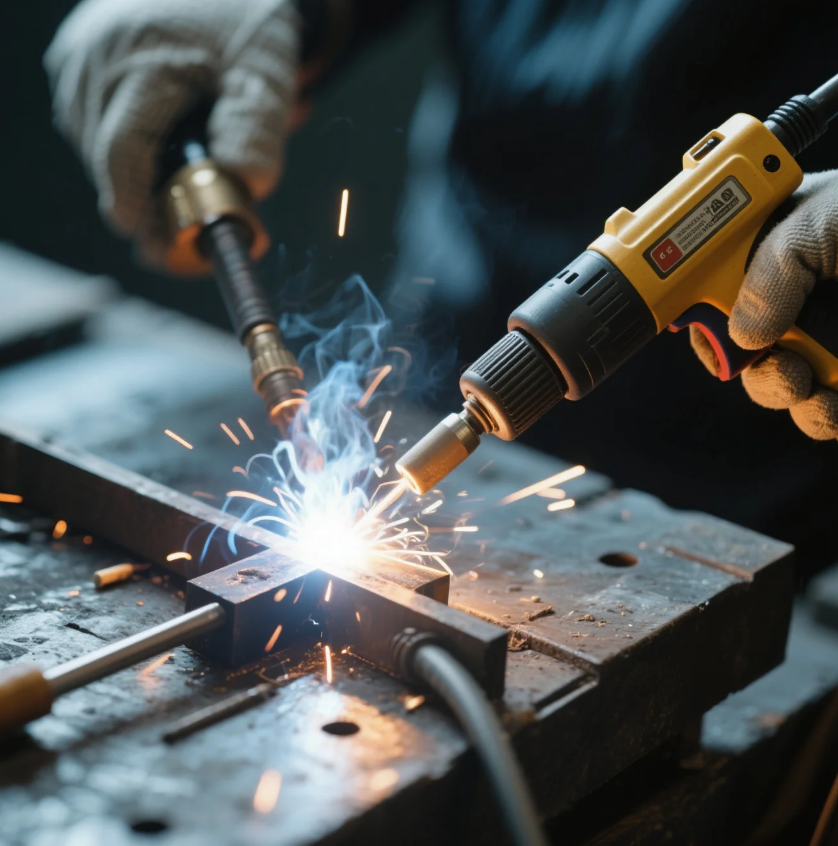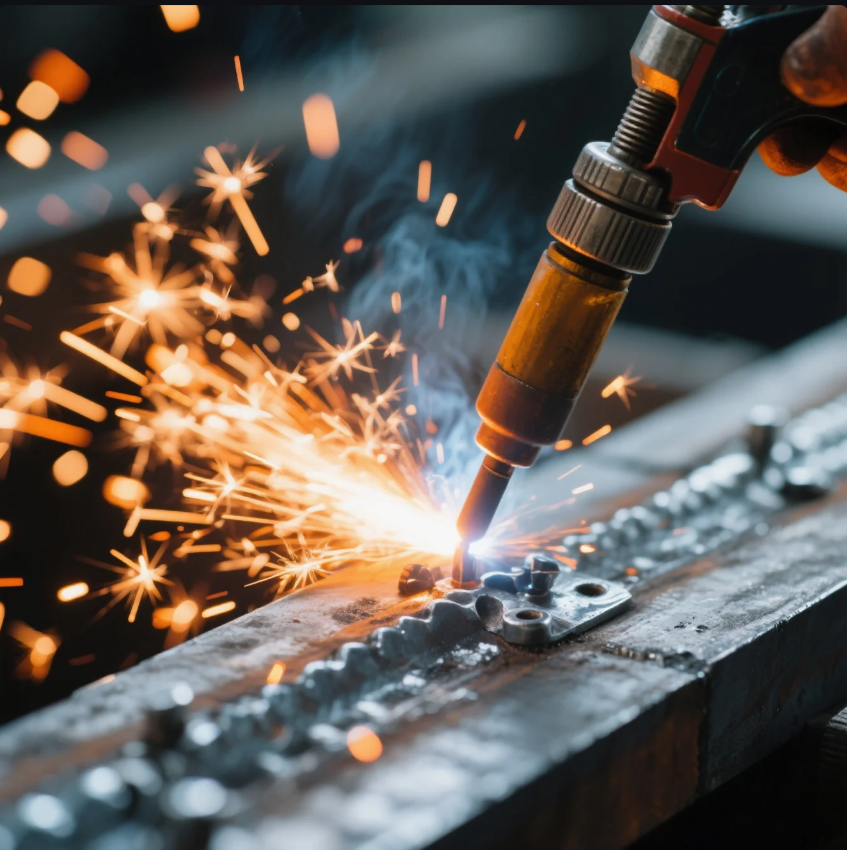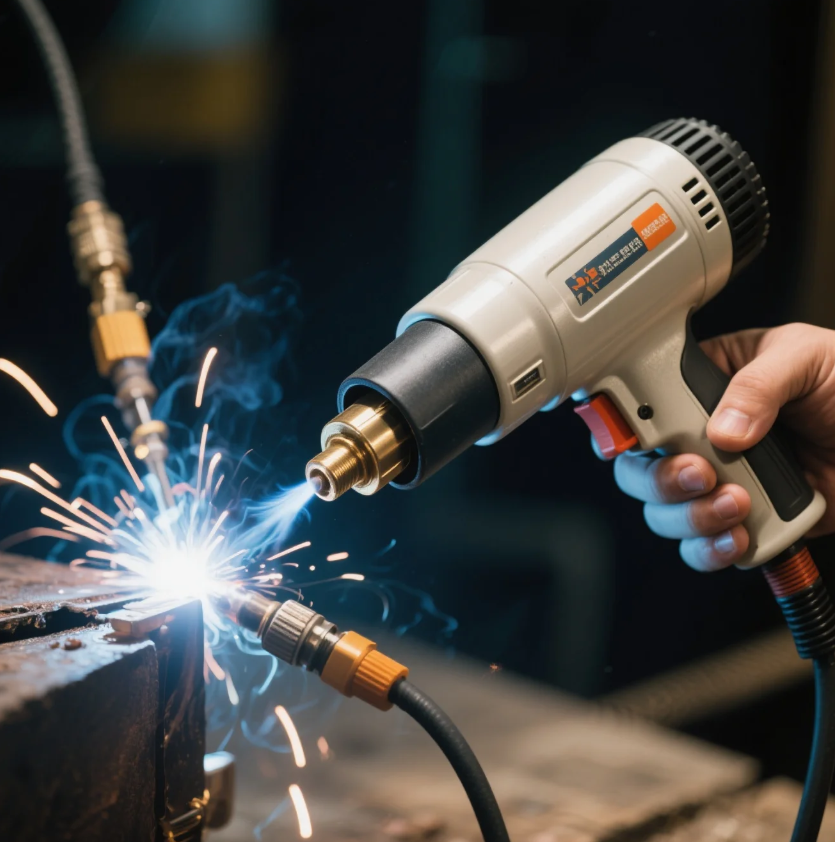TEMPLATE_START
What Metal Materials Can You Choose for Stamping Parts?
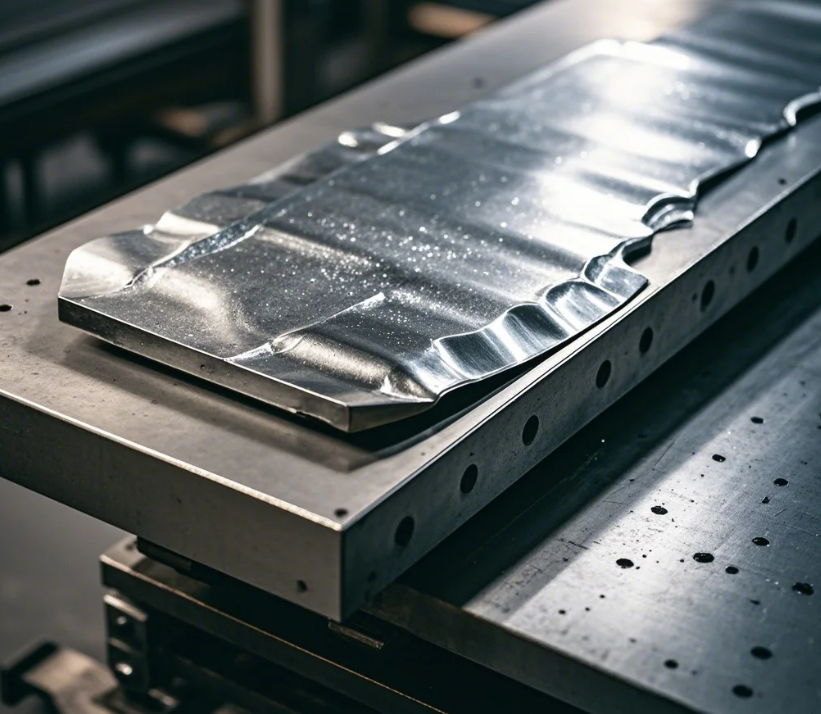
As a stamping specialist since 1993, we've processed over 200 metal varieties - here's your guide to selecting the right material whether you need strength, conductivity, or corrosion resistance.
We regularly stamp these 8 material categories: 1) Carbon steels (most common) 2) Stainless steels (corrosion-resistant) 3) Aluminum alloys (lightweight) 4) Copper alloys (conductive) 5) Nickel alloys (high-temp) 6) Titanium (aerospace) 7) Specialty alloys 8) Pre-plated metals - with thickness ranging from 0.1mm to 12mm.
Let's examine their specific applications...
Why Choose Cold Rolled Steel (SPCC/CRS) for General Stamping?
The workhorse material for industrial components.
SPCC/CRS offers: 1) Lowest cost ($0.6-$1.2/kg) 2) Excellent formability 3) Consistent quality 4) Dimensional stability - making it ideal for 70% of stamping projects from brackets to enclosures, with tensile strength of 270-400MPa.
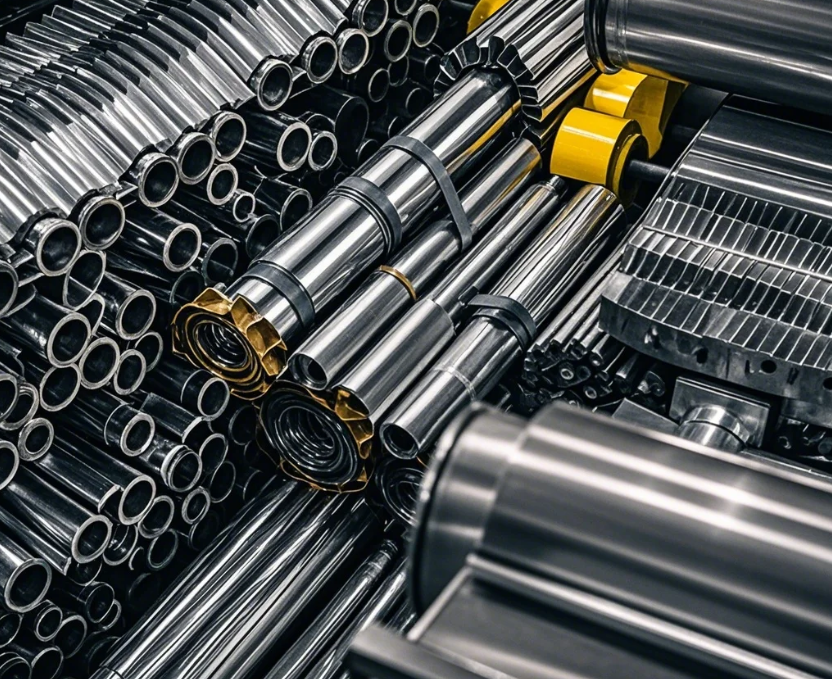
CRS Technical Specifications
| Grade | Yield Strength (MPa) | Elongation (%) | Typical Thickness |
|---|---|---|---|
| SPCC | 180-280 | 32-42 | 0.3-3.0mm |
| DC01 | 140-280 | 34-44 | 0.5-4.0mm |
| AISI 1018 | 310-379 | 25-35 | 1.0-12.0mm |
Formability Comparison
| Parameter | CRS | Aluminum | Stainless |
|---|---|---|---|
| Bend Radius | 0.4t | 0.5t | 1.0t |
| Draw Ratio | 2.2 | 1.8 | 1.5 |
| Springback | 5° | 2° | 15° |
Best Uses:
- Electrical cabinet parts
- Automotive brackets
- Appliance housings
- Hardware components
When Should You Specify Stainless Steel Stamping?
For parts demanding corrosion resistance and strength.
Our stainless options include: 1) 304 (general purpose) 2) 316 (marine grade) 3) 430 (cost-effective) 4) 17-4PH (precipitation hardened) - with surface finishes from No.1 to mirror polished (BA/2B/2D) and thickness 0.15-8.0mm.
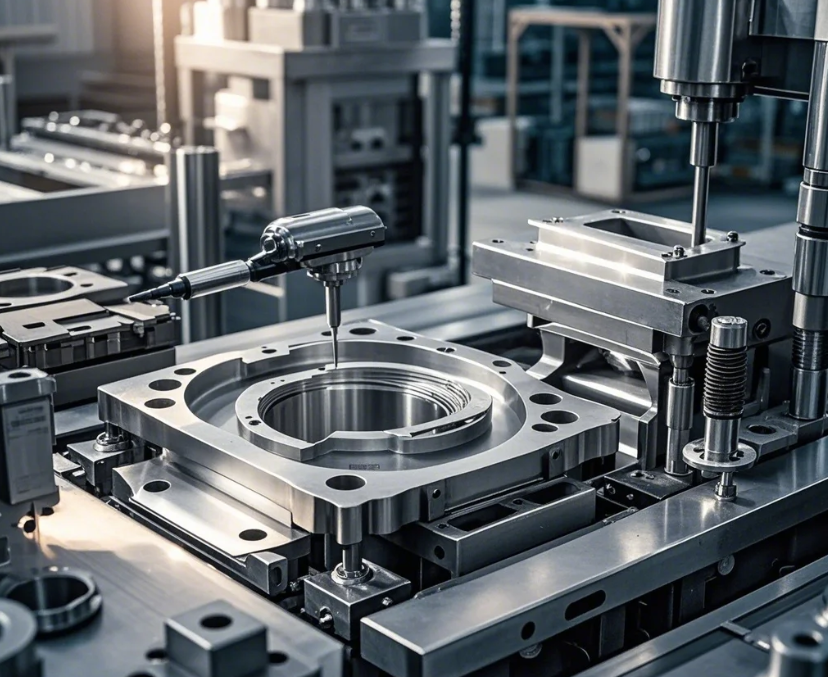
Stainless Steel Performance Data
| Grade | Corrosion Resistance | Tensile Strength | Cost Index |
|---|---|---|---|
| 304 | Excellent | 500-700 MPa | 1.0x |
| 316 | Superior | 500-700 MPa | 1.5x |
| 430 | Good | 450-600 MPa | 0.7x |
| 17-4PH | Very Good | 1000-1300 MPa | 3.0x |
Medical Device Example
| Component | Material | Rationale |
|---|---|---|
| Surgical Clip | 316L | Biocompatibility |
| Instrument Housing | 304 | Cost balance |
| Implant | Titanium | Osseointegration |
Critical Applications:
- Food processing equipment
- Marine hardware
- Chemical plant parts
- Medical instruments
What Aluminum Alloys Work Best for Stamping?
Lightweight solutions from electronics to aerospace.
We commonly process: 1) 1050/1060 (soft conductive) 2) 3003 (moderate strength) 3) 5052 (marine grade) 4) 6061 (structural) - available in tempers from O (annealed) to H32/H34 (work hardened), thickness 0.2-6.0mm.
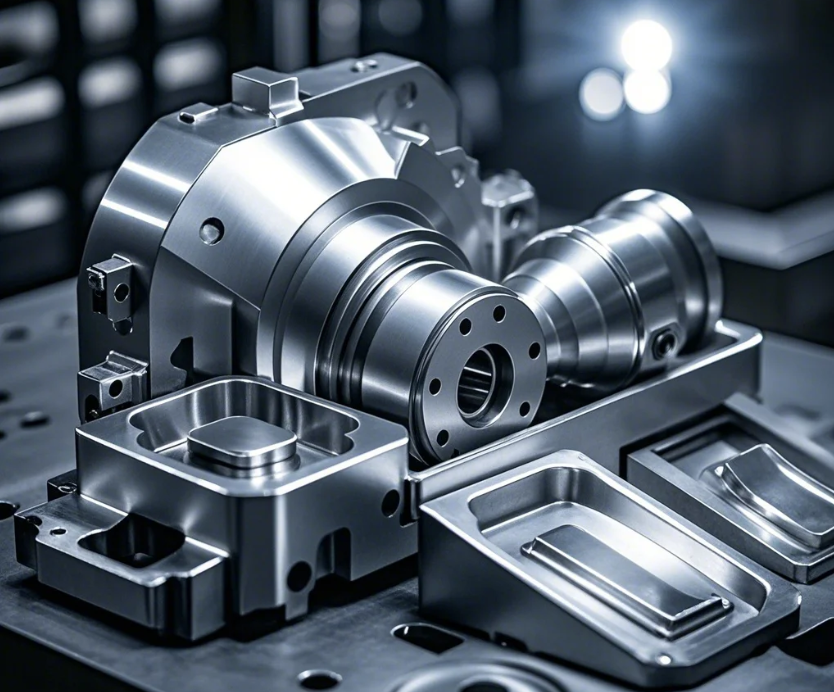
Aluminum Alloy Properties
| Alloy | Yield Strength | Conductivity | Formability Rating |
|---|---|---|---|
| 1050 | 35-85 MPa | 61% IACS | Excellent |
| 3003 | 95-145 MPa | 50% IACS | Good |
| 5052 | 170-230 MPa | 35% IACS | Fair |
| 6061 | 240-300 MPa | 43% IACS | Poor |
Electronics Industry Usage
| Component | Thickness | Alloy | Reason |
|---|---|---|---|
| Shielding Can | 0.3mm | 1050 | Formability |
| Heatsink | 1.5mm | 5052 | Thermal transfer |
| Connector | 0.8mm | 3003 | Stiffness |
Typical Applications:
- LED light housings
- Consumer electronics
- Heat exchangers
- Aviation components
How Do Specialty Alloys Enhance Performance?
When standard materials won't meet extreme requirements.
We source: 1) Beryllium copper (spring contacts) 2) Phosphor bronze (connectors) 3) Nickel silver (decorative) 4) Nickel alloys (Inconel) - with minimum order quantities as low as 50kg for prototyping needs.
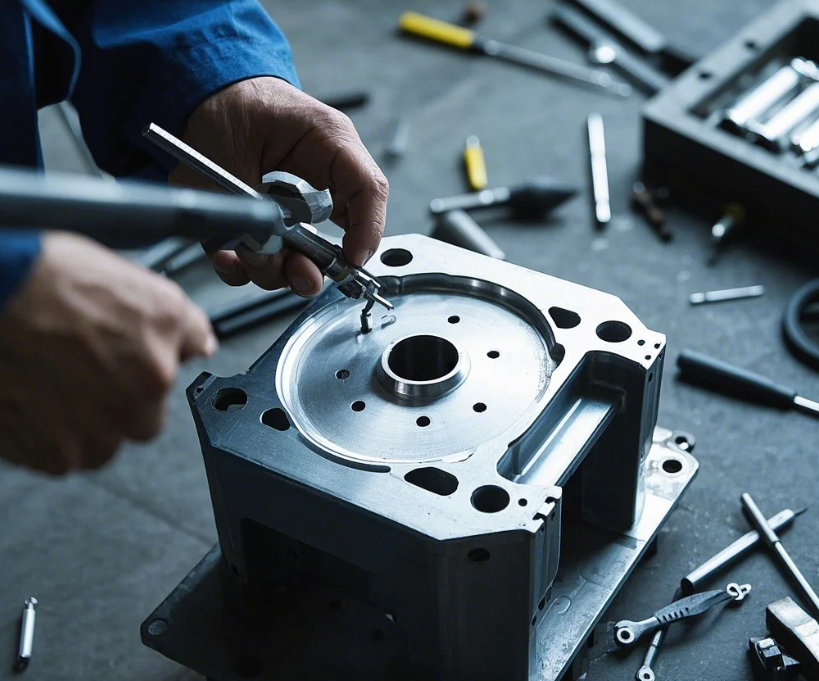
Specialty Alloy Comparison
| Material | Electrical Conductivity | Fatigue Resistance | Cost Per kg |
|---|---|---|---|
| BeCu | 22-28% IACS | Highest | $45-60 |
| C5191 | 15-22% IACS | High | $18-25 |
| Nickel 200 | 25% IACS | Moderate | $30-40 |
| Inconel 718 | 1.3% IACS | Extreme | $90-120 |
Connector Industry Standards
| Contact Type | Material | Cycle Life | Force Required |
|---|---|---|---|
| Battery Spring | BeCu | 1M+ cycles | 200-500g |
| SIM Card Tray | C5191 | 50k cycles | 100-300g |
| High Current | Nickel | 250k cycles | 800g+ |
Critical Uses:
- Relay/switch components
- RF connectors
- Oil/gas valves
- Nuclear components
Conclusion
Material selection impacts cost, performance and manufacturability - from economical CRS for general parts to specialized alloys meeting extreme technical demands, with thickness and finish options tailored to each application.
TEMPLATE_END

